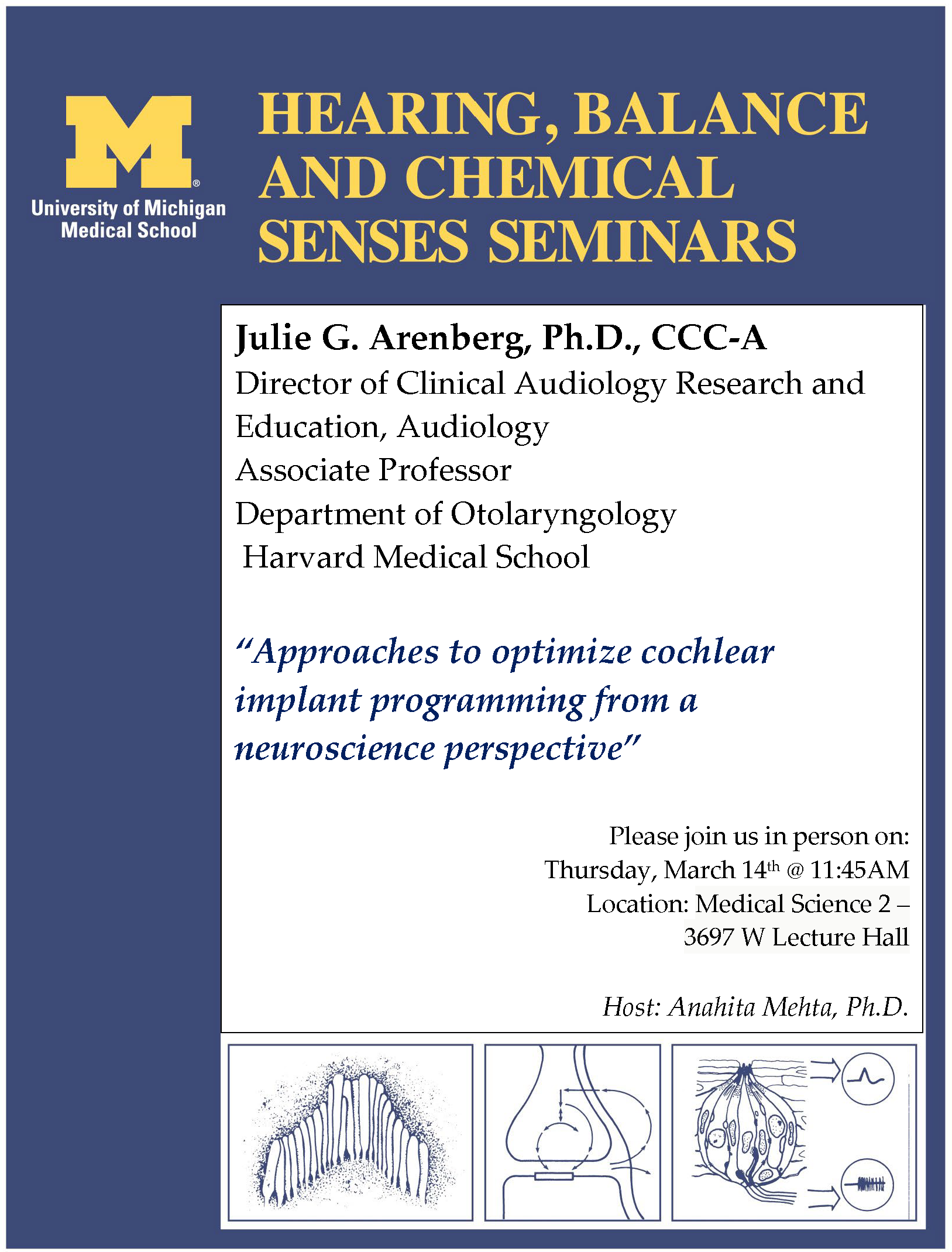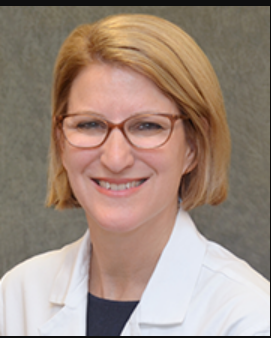Director of Clinical Audiology Research and Education, Audiology
Associate Professor, Department of Otolaryngology
Harvard Medical School
As a neuroscientist and clinical audiologist, Dr. Julie Arenberg’s research focuses on improving speech perception outcomes and quality of life for children and adults with severe hearing loss, many of whom are treated with cochlear implants.
Through her work, she has developed quick, reliable tools to assess the underlying health of the auditory system and functioning of cochlear implants to improve programming and optimize speech understanding in cochlear implant patients. She has demonstrated improved patient outcomes by tailoring the listeners’ program settings based on the underlying basic auditory neuroscience and providing an enriched signal. In three recent studies, most listeners improved on vowel identification in noise when using a novel stimulation strategy (Arenberg et al., 2018) and a subset of patients improved when we deactivated or focused some implant channels (Bierer & Litvak, 2016, DeVries and Arenberg, in press).
Dr. Arenberg is the Associate Director of Clinical Audiology for Research and Education. Prior to joining Mass. Eye and Ear, she worked at the University of Washington, directing their Cochlear Implant Psychophysics Laboratory as well as their Clinical Doctorate of Audiology Graduate Program.



